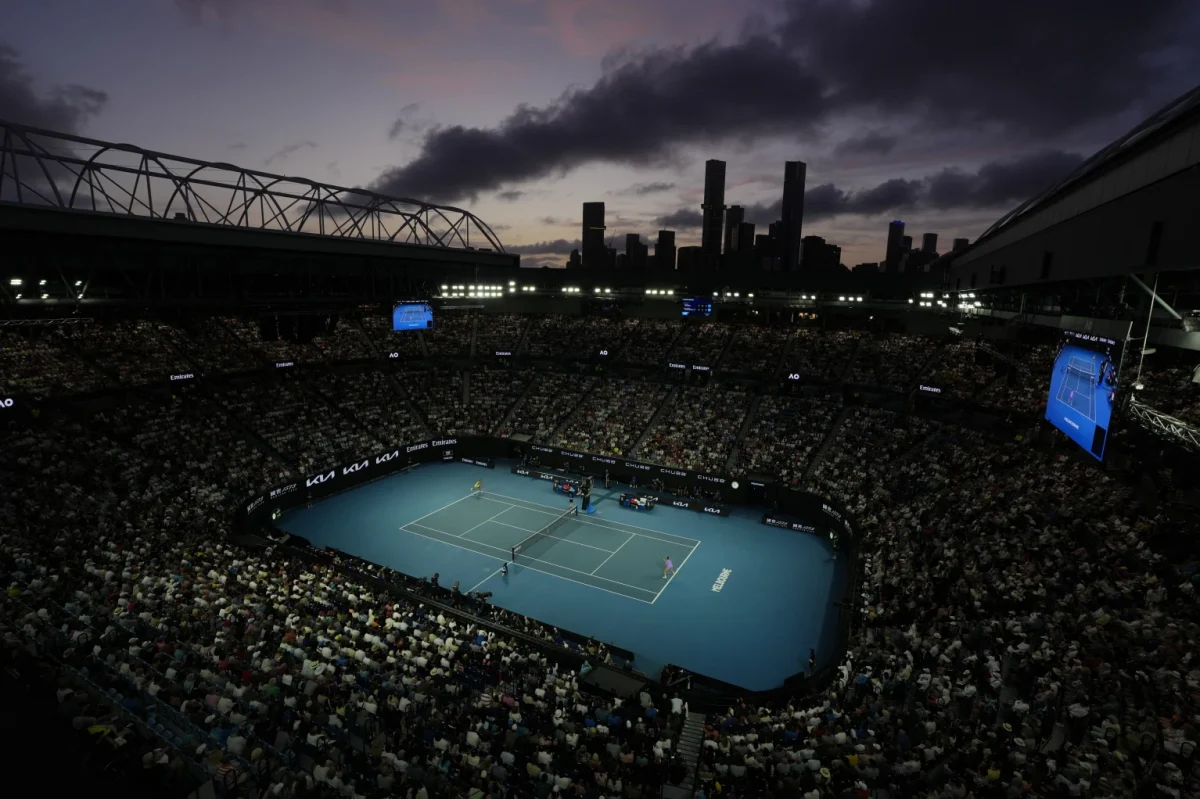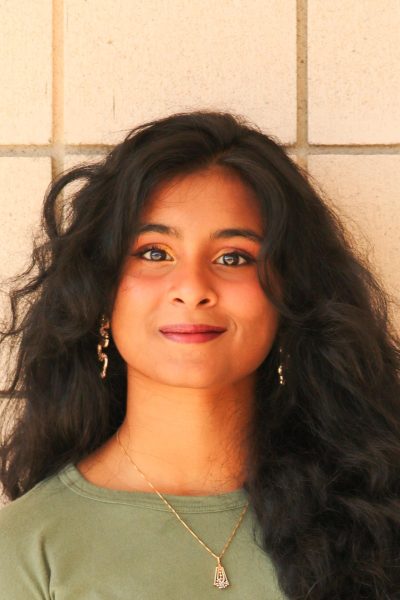The Australian Open this January featured a myriad of surprises, from long-awaited victories and rising stars to unexpected team ups and record-breaking crowds. Starting on January 6th, the tournament held 27 different tournaments and ended on January 28th.
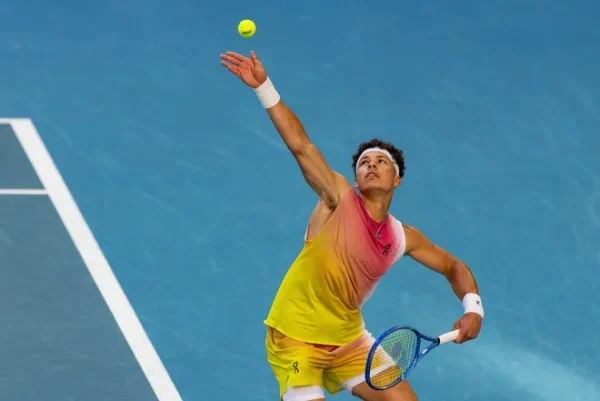
Men’s Singles
Jannik Sinner, the 23 year old Italian and current World No. 1, won the men’s singles after defeating Alexander Zverev (German, World No. 2). Sinner’s emergence into the finals match came after defeating Ben Shelton, an American 22-year old who is considered a young star in professional tennis after his
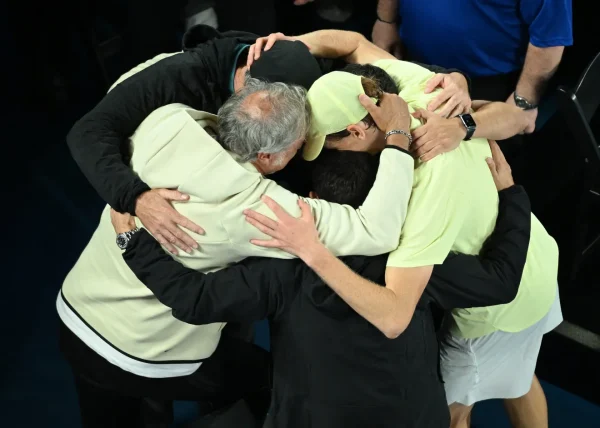
impressive run in both the junior and college leagues. Zverev made it to the finals round after his opponent, Novak Djokovic (the last still-playing member of the “Big Three”), withdrew from the tournament due to a hamstring tear in his previous match against Carlos Alcaraz. Alcaraz, like Shelton, is considered to be in the spotlight of men’s tennis as a rising star.
The sudden withdrawal of Djokovic left many fans wondering if he, like the other two members of the “Big Three,” (Rafael Nadal and Roger Federer) would retire soon. Amidst the questions about his career, another detail was overlooked in Djokovic’s team: his former rival, Andy Murray, was now his coach.
“There are certain things in coaching that I obviously have limited experience with and stuff that I clearly would have to learn and improve,” said Murray when asked about his coaching experience on the podcast Sporting Misadventures with Chris Hoy. “…. [it’s] a unique perspective that I have on Novak’s game that I’m able to make up for […] because I’ve competed against him in the biggest matches on the biggest stages over a 10-12 year period.” Djokovic has also stated that Murray’s insights were “valuable.” After Djokovic’s win against Alcaraz, it was evident those insights paid off.
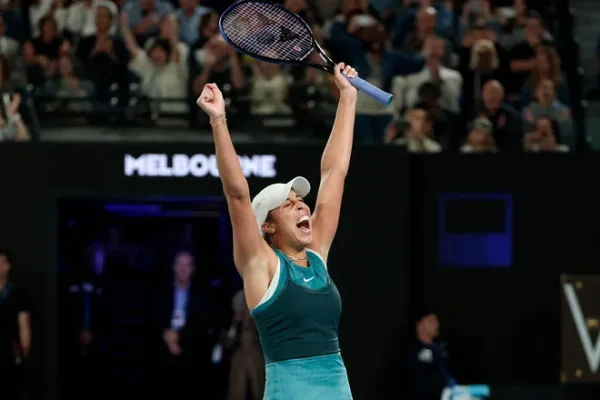
Women’s Singles
Madison Keys, the 30-year-old American, walked away with the cup for women’s singles. Keys beat both World ranked #1 and #2 (Aryna Sabalenka and Iga Swiatek) to get there, rising from the rank of World No. 19 to No. 7. Keys has played tennis since she was seven, and broke into the top 100 of the WTA rankings when she was just 17. According to the Australian Open website, “it was only when Keys accepted that she may never win a Slam – and was OK with it – that she played with the freedom she needed to get over the line.” That fluid mindset was evident in Keys’ game as she saved match point after match point against both Swiatek and Sabalenka.
Ironically, it is this boost to Keys’ career that will prevent her from playing at the WTA Austin tournament. As written in The Athletic, WTA rules dictate “250-level tournaments (the lowest level on the main tour) are only permitted to feature one top-10 player in the WTA rankings, unless the defending champion returns with a top-10 ranking.” Jessica Pegula, the current World No. 5, was already one of the featured players.
Doubles
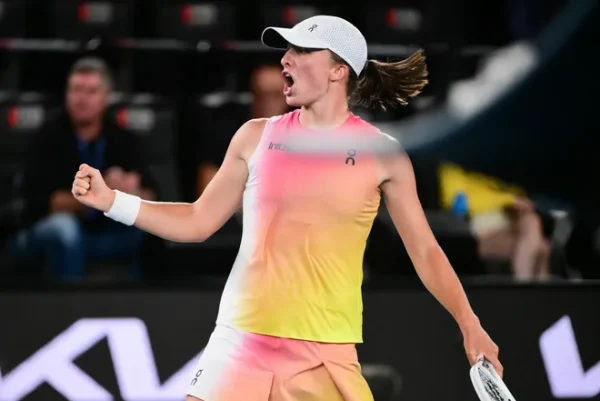
The womens’ doubles was won by Czech Katerina Siniakova and American Taylor Townsend, who paired together and took the Wimbledon title last year. According to the Australian Open website, “Siniakova is just the seventh woman to win at least three of the last four Grand Slams in doubles.”
The men’s doubles title went to Britain’s Henry Patten and Harri Heliovaara of Finland, who similarly won in Wimbledon last summer. Their match was drama-filled and had faults, video reviews, and a 24-minute tiebreak.
All-Aussie team John Peers and Olivia Gadecki won the mixed doubles tournament, snatching the match point in a tiebreak.
Wheelchair Events
According to the Australian Open website, “For the first time in Grand Slam history, there were qualifying events for the wheelchair singles […] while the junior wheelchair events were held on site for the first time.” The wheelchair events were split into singles, doubles, for men, women, boys, and girls, as well as quad wheelchair users (players with impairments in their upper body as well as their legs).
Brit Alfie Hewett won both the men’s wheelchair singles and doubles, with his doubles partner Gordon Reid. Yui Kamji, the top seed from Japan, won the women’s wheelchair singles for the third time. All-Chinese team Xiaohui Li and Ziying Wang won the women’s doubles title in two sets.
Other notable mentions include the Swiss junior champion Henry Bernet, who comes from the same club as Roger Federer, and the girls champion Wakana Sonobe from Japan.


